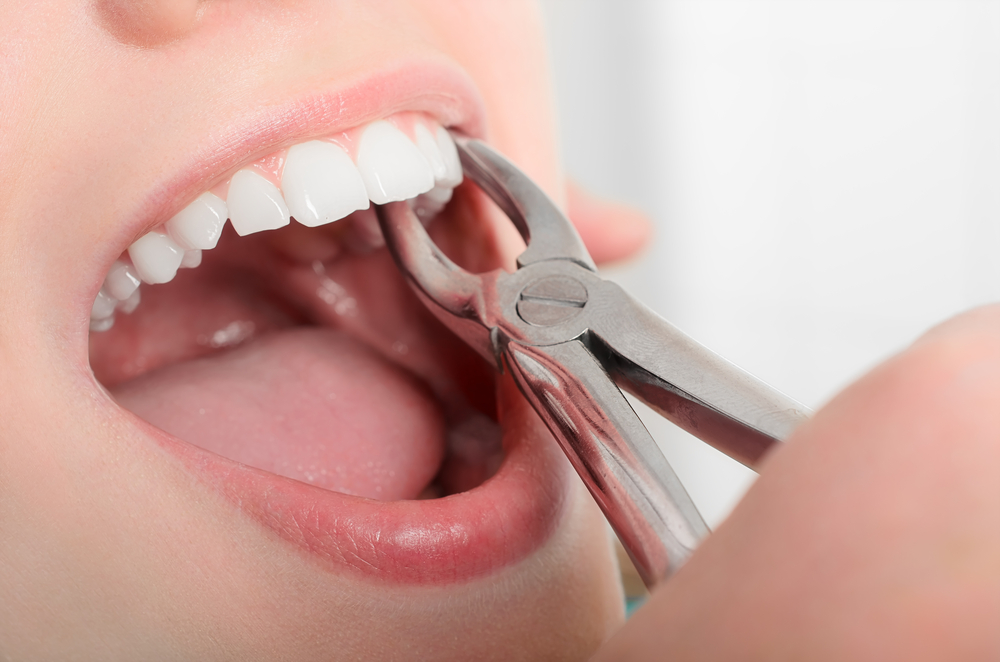
Getting a tooth extraction can often involve some pain once the anaesthetic wears off. While the healing process can vary slightly depending on a few factors, the majority of it takes place within seven to ten days. Most people find that pain decreases after three days. During this time, any pain is usually manageable using over-the-counter painkillers.
The first two days after tooth extraction is when the most aftercare and attention is needed. You can expect some low-level bleeding for up to 24 hours after the extraction. Most importantly, you should keep an eye on maintaining the blood clot that forms in the socket where the tooth used to be.
Tooth Extraction Healing Process
Granulation tissue plays a key role in the healing process and helps protect the clot that covers the extraction site. When a tooth is extracted, granulation tissue forms after about one week, protecting the empty socket where your tooth once was until the new bone can form, which takes about eight weeks. It’s essential to ensure this clot isn’t dislodged, which can lead to painful dry socket.
What to Do Following a Tooth Extraction
Rest for at least 24 hours after the extraction, limiting activities. During this time, it’s best to keep your head elevated slightly when lying down. Leave the gauze your dentist placed at the extraction site for at least a few hours to allow the blood clot to form. Then change it as often as needed.
Avoid rinsing your mouth right away as it can dislodge the clot that’s forming, impacting your healing time. You should also avoid drinking with a straw, spitting and drinking hot liquids or alcohol. Avoid blowing your nose and sneezing, especially if the tooth was removed from the upper half of the mouth. Don’t smoke for at least 3 days after the tooth extraction. If needed, you can reduce or minimise swelling with an ice pack on your cheek for 10-20 minutes at a time.
Tips to Help Your Recovery
Once the blood clot has formed, take the following precautions to encourage healing from day 3 to 10 after the extraction:
- Rinse your mouth with salty warm water to kill bacteria twice a day
- Don’t skip regular brushing or flossing, but avoid the extraction site
- Eat a diet of soft, healthy foods and snacks that don’t require a lot of chewing. Skip the chips and stick to soups, yogurts and similar foods. Avoid anything too hot, spicy or acidic.
Consult your dentist if you have any concerns or experience symptoms after 10 days like pain and swelling that has gotten worse, bleeding that hasn’t improved, severe pain or nausea.
Book a Dental Appointment in North Lakes Today
At Mango Hill Dental, we provide a wide range of restorative, preventative and cosmetic dentistry services in a relaxed, friendly atmosphere. Contact us today to book an appointment today at our clinic in North Lakes.